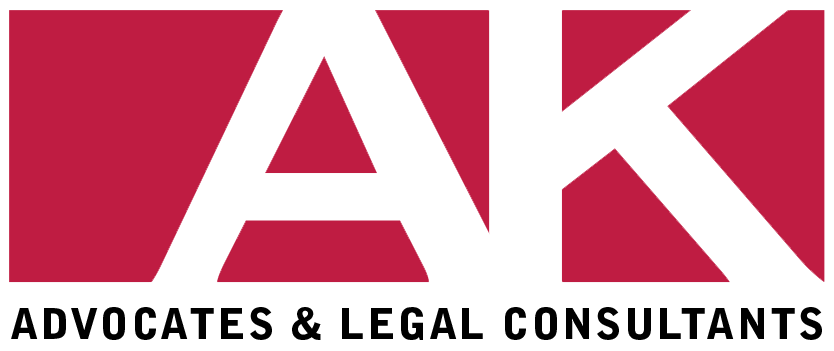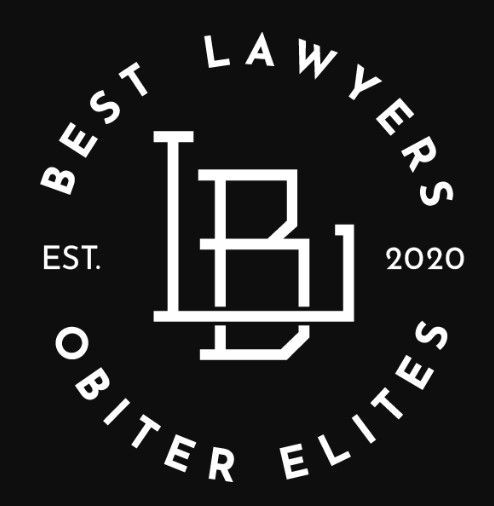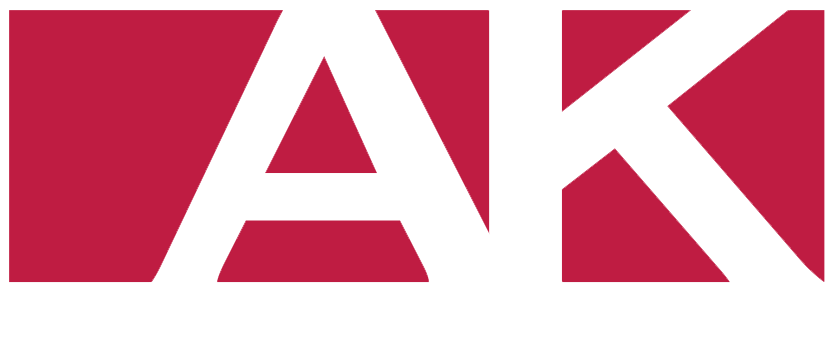Legal Perspective: Israel's High-Tech Sector - Resilience and Growth Amid Regulatory and Market Challenges
By: Adv. Assaf Kriel (L.L.B, M.B.A, C.I.A, IntArb)
AK & Co. (Israel)
The Israeli high-technology sector has demonstrated remarkable resilience throughout 2024, maintaining its position as a global innovation hub despite significant geopolitical challenges. From a legal and regulatory perspective, this resilience presents unique opportunities and considerations for international investors and corporate stakeholders engaging with Israeli technology companies.
Investment Landscape and Legal Framework
Recent data from the Israeli Innovation Authority indicates approximately $9 billion in startup investments during 2024, maintaining consistent investment levels compared to previous years, excluding the exceptional period of 2020-2022. This stability reflects the robustness of Israel's regulatory framework governing foreign investments and venture capital operations. Major international venture capital firms, including Sequoia, Greylock Benchmark, and others, have strengthened their presence in Israel through local representatives, demonstrating confidence in the jurisdiction's legal infrastructure.
Seed-Stage Investment and Regulatory Compliance
The seed-stage investment environment remains particularly active, with a specific emphasis on cybersecurity ventures. From a legal standpoint, this presents unique challenges in intellectual property protection and regulatory compliance, especially concerning dual-use technologies. The regulatory framework governing these investments has proven sufficiently flexible to accommodate rapid technological advancement while maintaining necessary security protocols.
Mergers and Acquisitions: Legal Considerations
The M&A sector has shown significant growth, with transaction values reaching approximately $10.5 billion in 2024, representing a 22% increase from the previous record of $8.6 billion in 2021. This surge in M&A activity necessitates careful consideration of various legal aspects, including:
1. Cross-border transaction structures
2. Intellectual property rights transfer
3. Regulatory compliance across multiple jurisdictions
4. Employee stock option plans and compensation structures
Notable transactions, such as Beyond Trust's acquisition of Entitle and Permira's control acquisition of Biocatch, exemplify the complex legal frameworks required to facilitate successful cross-border technology acquisitions.
Corporate Governance and Operational Adaptability
Israeli companies have implemented sophisticated legal frameworks to address operational challenges, particularly concerning employee mobilization and business continuity. These frameworks include:
- Flexible employment agreements accommodating reserve duty requirements
- Corporate governance structures ensuring operational continuity
- Risk management protocols addressing geopolitical uncertainties
Financial Restructuring and Shareholder Rights
The current market environment has necessitated innovative legal structures for corporate financing. Pay-to-play provisions and management carveout arrangements have become increasingly prevalent, requiring careful legal consideration to protect both shareholder and employee interests. These structures must be designed to comply with Israeli corporate law while maintaining alignment with international investment standards.
Defense Technology and Regulatory Compliance
The defense technology sector has experienced accelerated growth, necessitating careful navigation of export control regulations and international compliance requirements. Companies developing dual-use technologies must implement robust legal frameworks to ensure compliance with both domestic and international regulations while maintaining their competitive advantage.
Climate Technology and Environmental Regulations
The emerging climate technology sector presents unique legal considerations, particularly regarding environmental regulations and international carbon trading frameworks. Legal structures must be designed to facilitate both technological innovation and regulatory compliance across multiple jurisdictions.
Investment Distribution and Legal Implications
Recent data indicates a significant shift toward later-stage investments, with approximately 60% of capital (around $5.5 billion) allocated to rounds exceeding $50 million. This trend requires sophisticated legal frameworks to protect investor interests while maintaining operational flexibility for growing companies.
Legal Outlook and Future Considerations
As we look toward 2025 and beyond, several legal considerations warrant attention:
1. Continued evolution of regulatory frameworks governing emerging technologies
2. Enhanced focus on cybersecurity and data protection regulations
3. Development of legal structures supporting international collaboration
4. Adaptation of corporate governance frameworks to address changing market conditions
Conclusion
From a legal perspective, Israel's high-tech sector continues to demonstrate strong fundamentals supported by a robust regulatory framework. The jurisdiction's ability to balance innovation with regulatory compliance positions it favorably for continued growth and international investment. Legal practitioners and corporate stakeholders should maintain close attention to evolving regulatory requirements while leveraging existing frameworks to facilitate continued technological advancement and economic growth.





